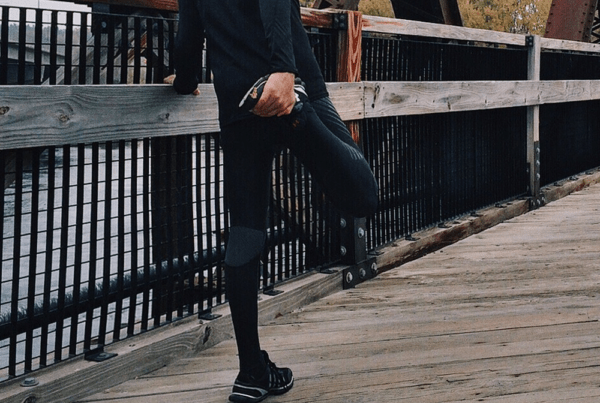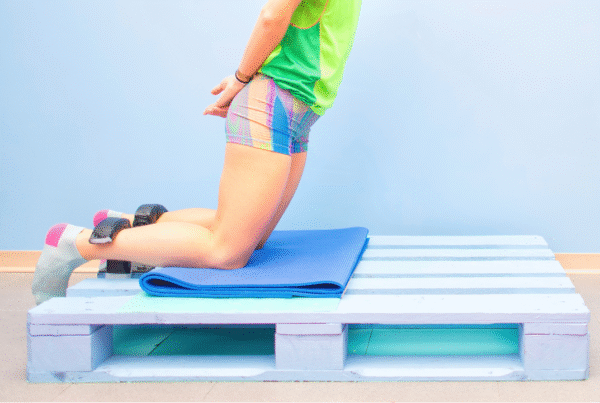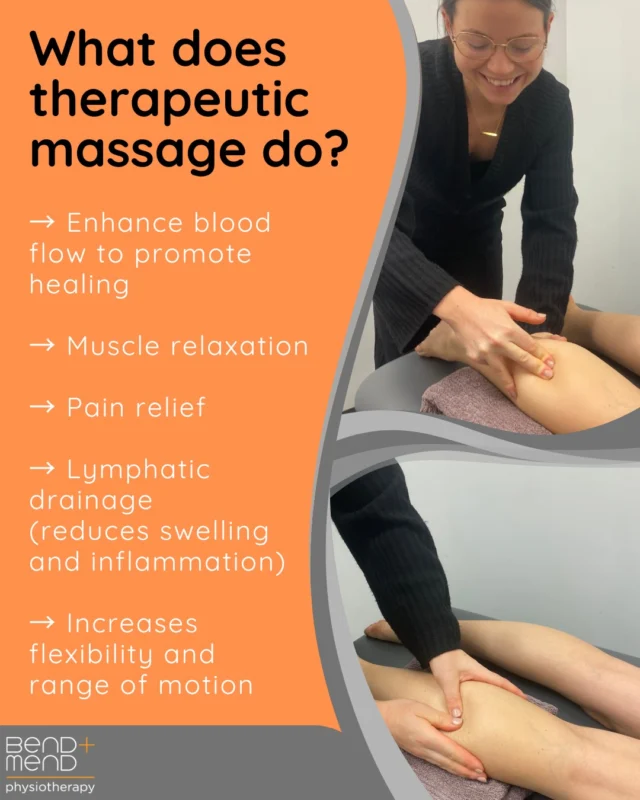Many of us make audacious fitness goals that challenge us physically and mentally. Powerful efforts like completing an iron-man, hitting a new PR in weights, or achieving a new climbing grade, require intense dedication to physical training.
While structured training programs are essential to push physical limits, mental toughness to commit to the programmes and endure the discomfort of high levels of effort is just as essential to achieve big goals. No athlete who competes in endurance or strength events can improve unless they challenge their perception of effort and how are they are trying.
The insightful book “How Bad do You Want it?” offers a unique reflection on maximal effort. It presents that effort and exhaustion during an endurance event is not when the body encounters a hard-physical limit such as total glycogen depletion of the muscles, but rather when the athlete experiences the maximal effort they are willing to tolerate. Research backs this. Athletes were asked to exercise to the point of exhaustion and when they reached their “max” effort and stopped exercising, electronic stimulation was used in the muscle to show glycogen stores were still available. The muscle would continue firing, if the athlete was willing.1 It was the discomfort and perception of maximal effort that stopped them from continuing to push.
Ignoring pain signals can obviously lead to injury however it is useful to consider mental training and what is truly limiting us when training for a goal.
Here are Five tips to build mental toughness and train harder:
- Have your goals in your sight…Literally. If you want to run a sub 3h hour marathon have the time written on your fridge, bedroom wall, and places you will see it and see it often. Constant reminder of your goals will help provide the motivation after a long day of work to put on your shoes instead of sitting down at the television
- Prepare for tough days. There will be days you struggle to finish your plan and every rep or lap is arduous. Have a back-up plan that still fits with your goals. If you are trying to do a limit bouldering session and struggling to get a single move, drop back and try doing endurance or technique drills. Think of something that will still support your goals on days when you just cannot complete the plan.
- Positive self-talk and finding your “why.” Write down in detail why this goal is important to you. Think of as many intrinsic and extrinsic motivating factors that are driving you toward it. Talk to yourself like a coach when training. Use verbal cues even in your head to help push your forward. Remember the this; if you think you can’t achieve something, you won’t.
- Visualize. This tried and tested practice is used by the great athletes of our time including Tiger Woods and Janja Garnbret. Picture yourself achieving your goal as clearly as possible. If you are stepping up to the lifting plate, clearly visualize setting your feet and shoulders, using your breath, and making the lift.
- Get uncomfortable. No one loves a cold shower (least no one I know) but repeatedly exposing yourself to micro discomforts builds your tolerance and commitment. Pushing through the mental barrier to keep running at pace even when your lungs are screaming and muscles aching is a skill of its self. Practicing mental toughness through small acts of resilience can build and develop this ability like any other skill.
Mental toughness is something we can all strive for and can lead to fulfillment of physical goals and reaching new physical limits!
Reference:
Fitzgerald, M. (2016). How bad do you want it?: Mastering the psychology of Mind over muscle. Aurum.





